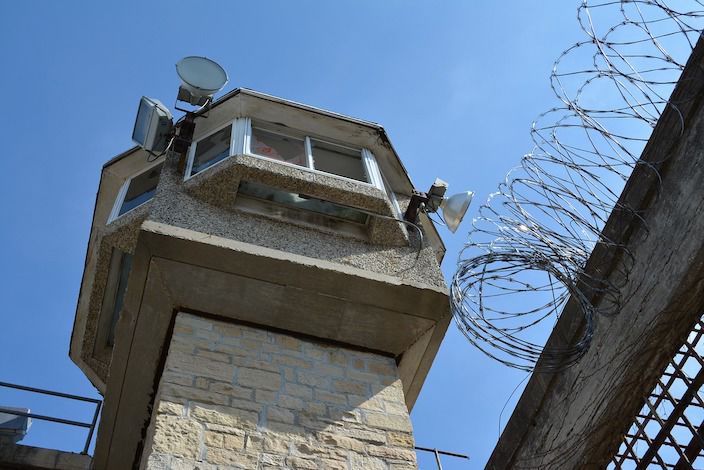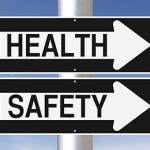HARRISBURG, Pa. – A new, 50-state study finds that putting more people in jail for drug offenses doesn’t reduce drug use or overdose deaths. On Monday, President Donald Trump called for harsher sentences, including the death penalty for drug traffickers, to combat the opioid epidemic. Jake Horowitz, director of research and policy at Pew Charitable Trusts’ Public Safety Performance Project, said they compared states’ drug imprisonment rates to rates of drug use, overdose death and drug arrests, and found no correlation at all.”These findings reinforce a larger body of prior research that casts doubt on the theory that stiffer prison terms deter drug misuse, distribution and other drug law violations,” Horowitz said.While Pennsylvania and Hawaii ranked 31st and 32nd in the nation for rates of drug imprisonment, the study showed the overdose death rate is almost twice as high in the Keystone State.But while increased incarceration rates have no significant effect on drug use, Horowitz noted that stiffer prison terms do have a dramatic impact on everyone else.”Putting more drug law violators behind bars for longer periods of time has generated an enormous cost for taxpayers but has not yielded a convincing public safety return on those investments,” he said.Since 1980 the number of Americans in state and federal prisons for drug law violations has exploded from fewer than 25,000 to more than a quarter-million. Horowitz said Pew has polled voters nationally and found broad, bipartisan support for reducing prison penalties for drug crimes. “In states like Maryland we note 75 percent of voters agree that imposing longer prison terms is the wrong way to break the cycle of crime and addiction,” Horowitz said. “And these kinds of findings span from Louisiana to Utah, red and blue states across the country.”He added research shows the most effective response to drug misuse includes treatment, prevention and alternatives to incarceration for nonviolent drug offenders.
Study Says Tougher Drug Laws Don’t Stop Overdose Deaths




